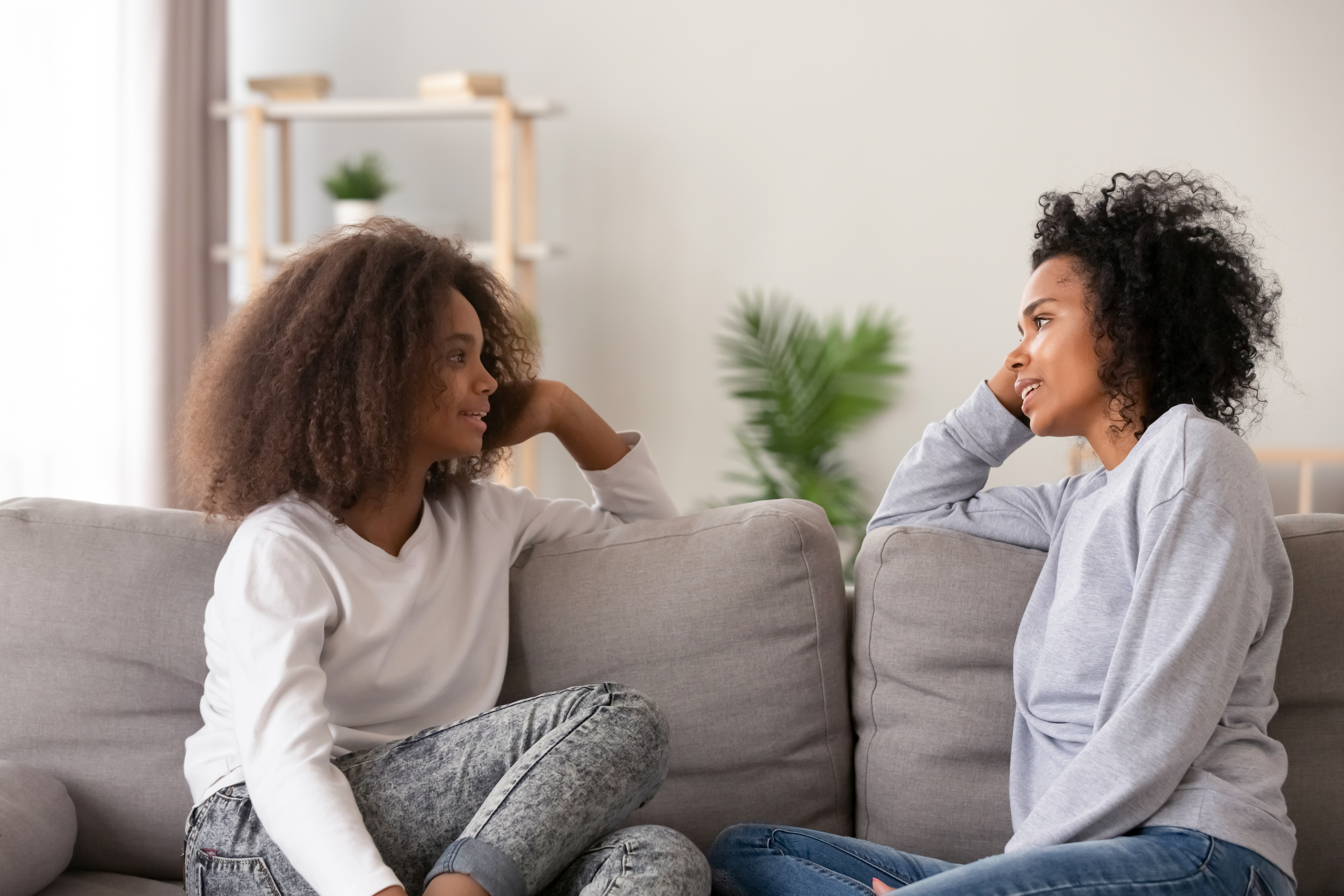
Is “fixing” getting in the way of listening?
One afternoon, when my daughter was in 6th grade, she arrived home from school and immediately launched into a detailed and heated recounting of something that happened with a few girls at school. She was hurt. She found out (because of Instagram) that several of her friends had made plans without inviting her – friends that she was “supposedly” close with and a part of the group. She was really upset. Of course, I was upset, too, for her! I mean, how awful of her friends to do this! I wanted to come to her aid, I wanted to fix it for her. I remembered a time that something similar had happened to me, and I wanted to help her navigate it! I started to ask her questions, one after another, and she finally, with tears in her eyes, said, “Mum! You just don’t understand! Forget it!” and then stormed off to her room.
Any of this feel familiar?
What I didn’t realize, until that moment, that was my past wounds about being left out, along with my fear that she was being “dumped” by her friends, got the better of me. I went into “fix it” mode. There were many sirens in my head screaming, “Help her! Turn this around! Do something to make this better! Help her advocate for herself! Make sure she isn’t doing something that people don’t like! What if they think she’s weird or not fun?! You don’t want her to go through the same thing you did!” What if she loses these friends?”
I have a feeling you can relate.
Those sirens (my fears) were the voices in my head that can hijack me, take me out of being present and listening to my children and into my own version of “Do something! Protect! Fix!” – all fear-based responses that are baked into my unconscious mind. The important thing about all of this is to become aware. Once we are aware of those voices, we are in a position to choose if we are going to be driven/controlled by them, or choose a different response.
When my daughter stormed off, I was frustrated. I allowed myself time to calm down and reflect on what happened. It took about 20 minutes for me to pull myself together…then I went up to her room and apologized. I let her know what was going on in my head, took responsibility and simply apologized. While it didn’t resolve itself in that very moment, my apology allowed her to feel seen and heard, and know that I wasn’t making her my problem, freeing her to do her own reflecting and come back to me to continue the conversation and figure out how to handle this situation – where I stayed in curiosity instead of fear.
Where is there room for more listening and less talking in your relationships?
I believe we all need support – no one is meant to have to struggle through parenting alone.
I would love to hear what this brings up for you, and would love to support you if you are ready to change your family relationships for the betterl. Remember, you are not alone – parenting is hard, and the good news is… there is a way forward that can feel so much better!





